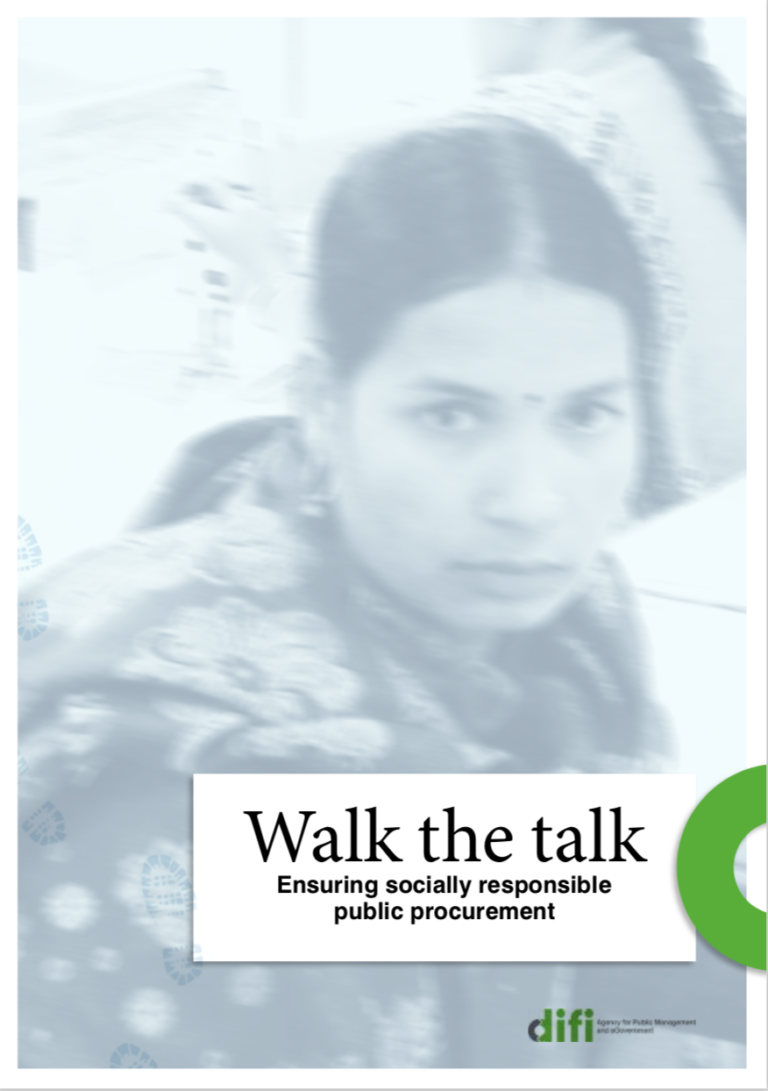Eliminating Recruitment Fees Charged to Migrant Workers – United Nations Global Compact and Verite
GuidanceGood PracticesThere are an estimated 232 million international migrants around the world today and over 90 percent of these are workers and their families. International labour migration is a defining feature of the global economy. Nearly every nation around the ...Read More

